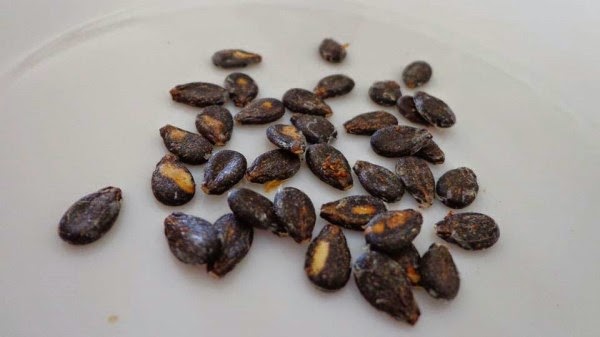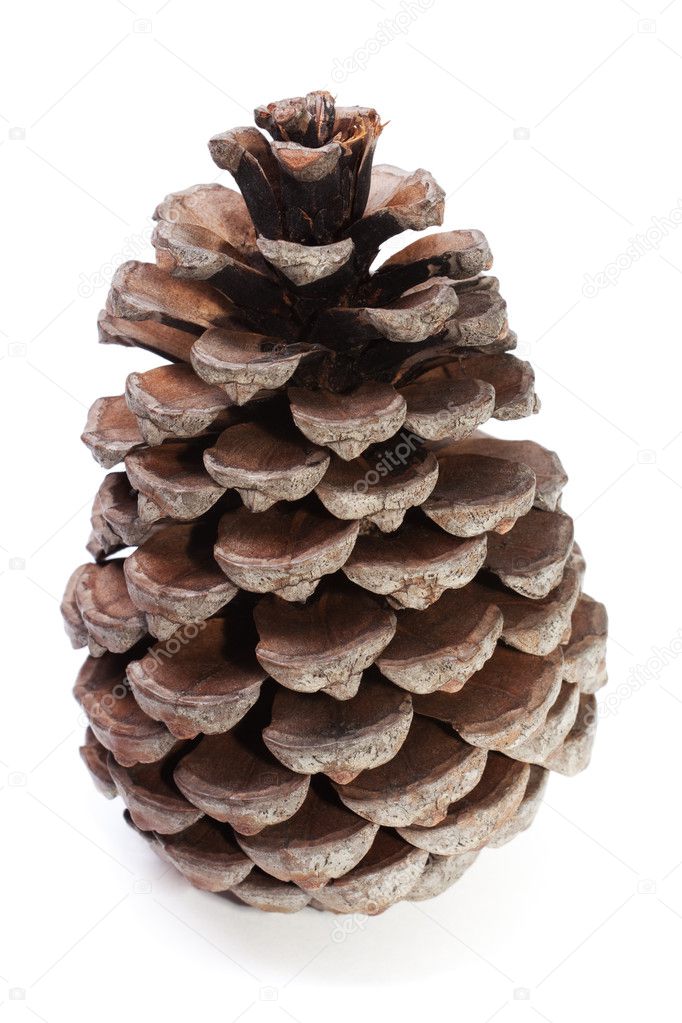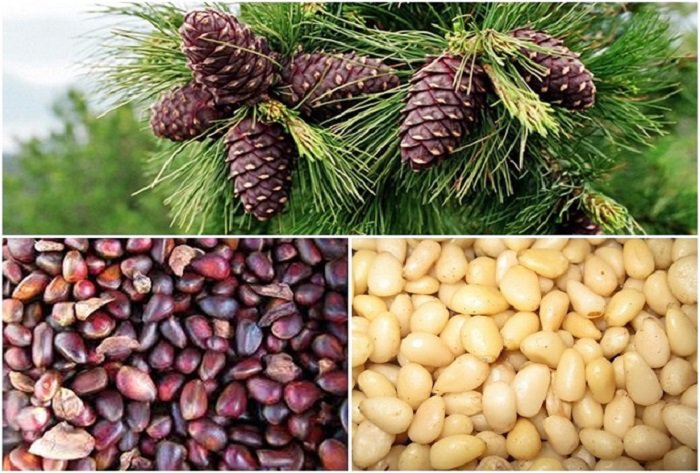Alexandra_K
Regular Member
- Messages
- 100
- Reaction score
- 6
- Points
- 0
- Location
- Athens
- Ethnic group
- Epirus, Vlach, Arvanite, Kephalonia, Kea
- Y-DNA haplogroup
- J1-PF7263 (BY38105)
- mtDNA haplogroup
- A4a1 (A1a)
Now, regarding the interrelated words koukoula (hood), koukouli (cocoon) and koukla (doll) (also the verb "koukoulono"=to cover/cover up). Greek speakers can read a very interesting article by Sarantakos about the connection among the three words here https://sarantakos.wordpress.com/2009/04/06/koukoulai/.
Their etymology is the Latin cuculla meaning hood of monks/clergy as in the Bulgarian example above. This was its first use in Greek too. Then its meaning expanded also to cocoon (koukouli) and doll (koukla). The cocoon covers or wraps up the larvae whereas the first dolls were made of wrapped up pieces of cloth (the face was painted on the cloth's surface wrapped around the bulk of cloth which formed the head of the doll). My grandmother from Epirus used to make numerous dolls like that for me when I was a child.
The Latin word cuculla (which must have been borrowed also in the Albanian language as well as in Slavic languages to signify any of the above meanings) was originally probably borrowed from the "Galatian" (Gaul) language according to Sarantakos.
Now, toponyms all over the Balkans (maybe mostly of Slavic origin) containing some form of Koukouli/Koukoula etc. must be related either to silk worms indeed or (since it was mentioned that it is often toponyms given to places on hill or mountain tops) they must be referring to the village or place as a "hood" (according to my interpretation) that kind of covers the top (head) of the mountain.
Their etymology is the Latin cuculla meaning hood of monks/clergy as in the Bulgarian example above. This was its first use in Greek too. Then its meaning expanded also to cocoon (koukouli) and doll (koukla). The cocoon covers or wraps up the larvae whereas the first dolls were made of wrapped up pieces of cloth (the face was painted on the cloth's surface wrapped around the bulk of cloth which formed the head of the doll). My grandmother from Epirus used to make numerous dolls like that for me when I was a child.
The Latin word cuculla (which must have been borrowed also in the Albanian language as well as in Slavic languages to signify any of the above meanings) was originally probably borrowed from the "Galatian" (Gaul) language according to Sarantakos.
Now, toponyms all over the Balkans (maybe mostly of Slavic origin) containing some form of Koukouli/Koukoula etc. must be related either to silk worms indeed or (since it was mentioned that it is often toponyms given to places on hill or mountain tops) they must be referring to the village or place as a "hood" (according to my interpretation) that kind of covers the top (head) of the mountain.




